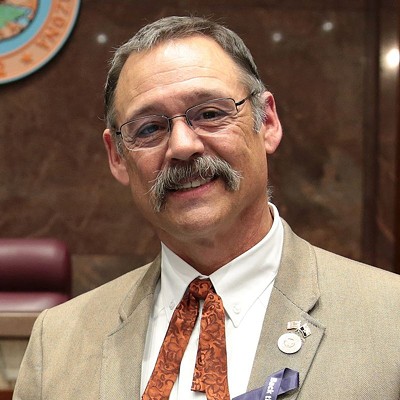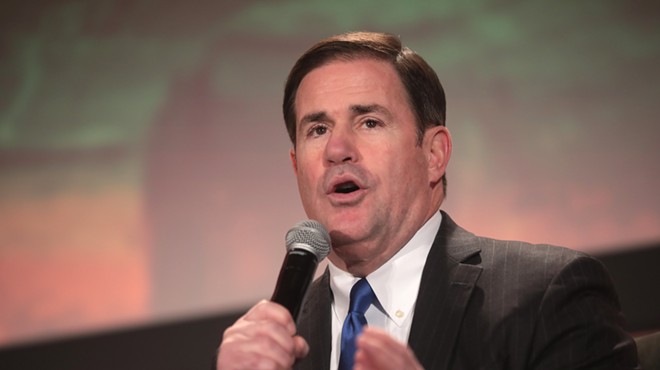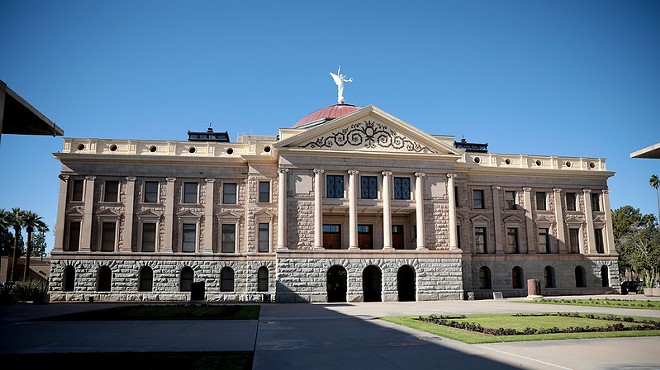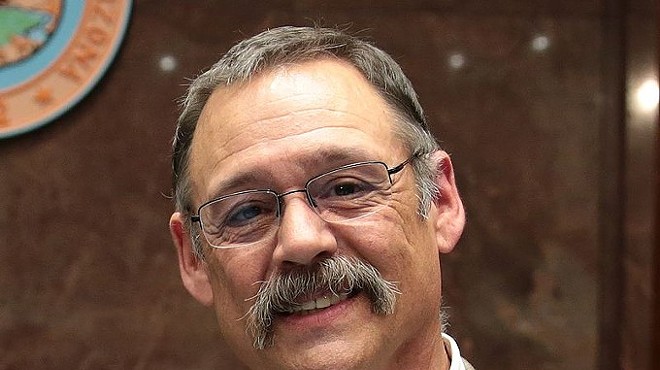Thursday, October 29, 2015
South Carolina Sheriff: "When they call us, we're going to take a law enforcement action."
From the moment the resource officer was involved, it was an arrest. When a sophomore girl in a South Carolina high school refused to stop using her cell phone, then refused to leave the room as her teacher ordered, the school resource officer arrested her. As part of the arrest, he slammed her to the ground while she was still sitting in her desk. He also arrested another girl who stood up in outrage and shouted at the officer because of what he was doing. The charge for both girls: Disturbing schools.
Both she and another student who verbally challenged the officer's actions during the arrest still face misdemeanor charges of disturbing schools, punishable by up to a $1,000 fine or 90 days in jail, Lott said, although in most cases, judges impose alternative sentences that keep students out of jail.Until I read about this incident, I had no idea how many hardened criminals I had in my classes during my thirty-plus years as a public high school teacher. I always thought when students disturbed the school or disturbed my classroom, they were behavior problems. Times have changed. School discipline issues, even with no violence of threat of violence involved, can now be cause for arrest, fines and possible jail time. Mouth off in class, refuse to obey a teacher's order to put away your cell phone, and you may take a ride on the school-to-prison pipeline.
Let's assign some blame here. At the very top of the list is the culture of criminalizing student behavior. But let's look at the individuals first.
The student was certainly to blame for texting on her cell phone during class, then refusing to put it away or give it to the teacher, then refusing to leave the classroom. What punishment did she deserve? That depends on particulars of the situation and her past history with the teacher and the school. It sounds like a situation that calls for a talk with her teacher or counselor or the vice principal or all of them, followed by something ranging from a warning of punishment if it ever happens again to a suspension. Arrest? Out of the question.
The teacher may deserve blame if he's not good at handling classroom situations and he let a situation he should have been able to take care of get out of hand. But if he was right to make those demands of the student and there was no reasonable way for him to get her to follow instructions, it made sense to call in the vice principal.
The vice principal was certainly to blame for calling in the resource officer, which is what led to the assault on the girl and the arrest. Later, the sheriff said this about the incident:
"They need to understand that when they call us, we're going to take a law enforcement action," [Richland County Sheriff Leon Lott] said. "Maybe that ought to have been something handled by the school without ever calling the deputy."The sheriff is right. The vice principal ceded his authority to the resource officer and turned a disciplinary situation into a police action. In the days before school resource officers, an incident like this would have been part of a day's work for the administrator in charge of discipline. The vice principal would have figured out a way to deal with it. If the student wasn't violent and didn't threaten violence, that's what he should have done in this situation.
The resource officer is certainly to blame for the use of excessive force. The girl's disobedience didn't warrant that level of physical reaction. But interestingly, he would have been following proper police procedure if he grabbed hold and kept hold of her until he could restrain her. His mistake as a police officer, according to the Sheriff Lott, was letting go of her, throwing her to the floor. When the vice principal turned the situation over to the officer, the officer was granted permission to use the same kind of force he might use during a traffic stop or an arrest on the street.
As I said earlier, the culture of criminalizing student behavior deserves the greatest blame. In a sense, the teacher, vice principal and resource officers were actors playing their proper roles in a "zero tolerance" school play. That's where the problem lies, and that's the danger of assigning resource officers to schools as standard operating procedure. Unless the school staff and the officer are clear that the purpose of the police presence is to keep the school safe and provide a resource for the students, unless everyone understands that police actions and arrests are a last resort, something to be used only when a situation is beyond the staff's ability to handle, these kinds of situations, which have become all too prevalent, will continue to be a part of our students' school day.
Tags: Education , Media , News , School violence , School resource officers , Richland County Sheriff Leon Lott














